In the future, when schoolchildren (who will be, one would hope, once again being taught history) read about the early 21st century, it's highly doubtful that the Great Canadian/Indian War will be mentioned. With good reason; there won't be one. Of all the nations in the world that one might expect to suddenly be at odds with each other, Canada and India wouldn't be on many people's bingo cards; and yet here we are, as Canadian PM Justin Trudeau has openly accused India of being behind the murder of a Canadian citizen in Canada. That is a serious accusation, of course.
Speaking in the House of Commons, Mr. Trudeau said that he raised India’s involvement in the shooting of Hardeep Singh Nijjar directly with Prime Minister Narendra Modi at the Group of 20 summit meeting earlier this month “in no uncertain terms.” He said the allegation was based on intelligence gathered by the Canadian government.
“Any involvement of a foreign government in the killing of a Canadian citizen on Canadian soil is an unacceptable violation of our sovereignty,” Mr. Trudeau told lawmakers. He said Canada would pressure India to cooperate with the investigation into the killing.
Mélanie Joly, the foreign minister, later announced that Canada had expelled an Indian diplomat whom she described as “the head” of Indian intelligence in Canada.
While the expulsion of diplomats is no laughing matter, it's pretty certain India and Canada aren't about to go launching missiles at each other. As for the unfortunate murder victim, it appears India had labeled him a wanted terrorist:
Mr. Nijjar, 45, was shot near a Sikh temple in Surrey, British Columbia. Investigators from the Royal Canadian Mounted Police said he was ambushed by masked men, but would not reveal whether the attack appeared politically motivated.
But Mr. Nijjar was known for his advocacy of the creation of an independent Sikh nation, Khalistan, that would include parts of India’s Punjab state, and India had declared him a wanted terrorist.
Granted Canada's government has not yet released any of the evidence they claim to have about India's involvement. Of course, if India really wanted this guy dead, they could have simply filed an application for a wheelchair lift in his name, at which point the Canadian healthcare system Medical Assistance in Dying (MAID) would have started nagging Mr. Nijjar to do himself in.
So, one might ask, who was Hardeep Singh Nijjar, and why would India want him dead?
Nijjar, who moved to Canada in February 1997 to be a plumber, was a key figure in the movement for an independent Khalistan — a separate homeland for Sikhs in the Indian subcontinent.
But for the Indian government, he was wanted for allegedly being a “mastermind/active member” of the Khalistan Tiger Force (KTF), which the Indian government designates as a terrorist group.
Gurpatwant Singh Pannun, Nijjar’s friend and fellow Sikh nationalist, had told Global News in June that Nijjar said that gang members had warned him Indian intelligence agents had put a bounty on his head.
The Canadian Security Intelligence Service also told Nijjar they had information that he was “under threat from professional assassins,” Pannun had said.
The 1980s and early 1990s in India saw an armed conflict between the Indian government and Sikh separatists in the Sikh-majority northern state of Punjab. Amid a crackdown on the insurgency, Nijjar’s brother was arrested by police in India. In 1995, Nijjar himself was arrested.
While it lends some insight as to why Mr. Nijjar came to Canada, it seems pretty weak sauce to label him a dangerous terrorist, much less to send "professional assassins" to murder him.
But it's doubtful in the extreme that India did any such thing.
It's fair to point out that India does have a history of political assassinations. Some examples:
- Indian anti-colonial activist Mohandas Karamchand Gandhi, killed by gunshot in 1948
- Prime Minister Indira Gandhi, killed in 1984 by her own bodyguards
- Former Prime Minister Rajiv Gandhi, killed in 1991 by a suicide bomber
And, most recently:
- Congress leader Major Singh Dhaliwal, killed in February 2023 by gunshots from an unnamed woman
But India has no history of extrajudicial assassination and has not, in the post-colonial years, used assassination as a matter of official policy.
If forced to offer a prediction, mine would be that nothing much will come of this. There will be some diplomatic-level snap and slash, maybe some sanctions that won't affect either nation much, and the issue will gradually be forgotten. Trudeau won't do anything to India, and the Indians know it; the Indians can't really do anything to Canada, and Trudeau knows it. And there it will end.
The games nations play among themselves are frequently complex, while also being full of posturing and bluster. This would appear to be another of those; as Peter Gabriel described them, "games without frontiers, war without tears."
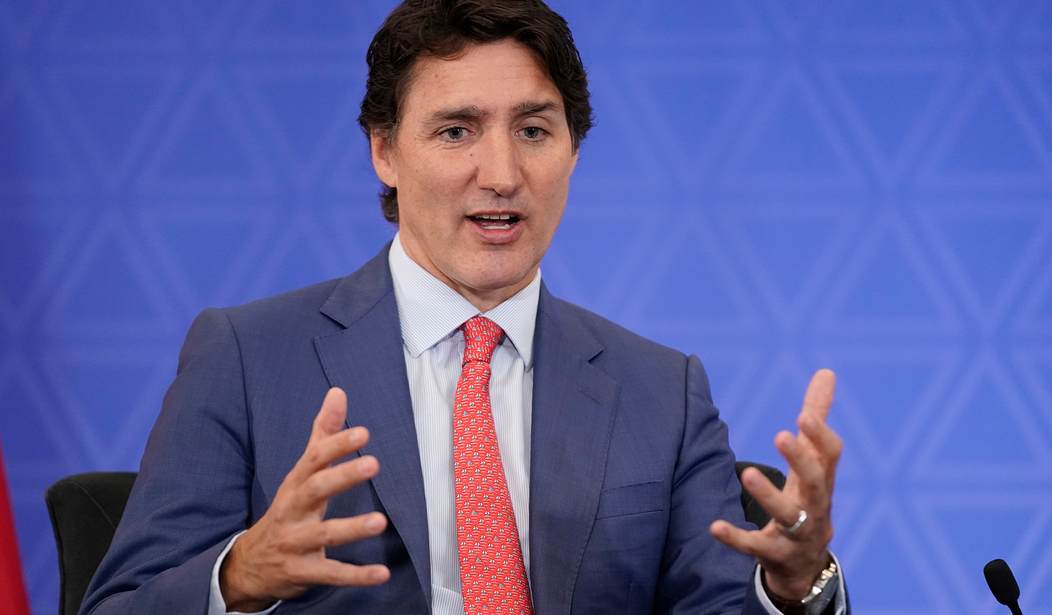

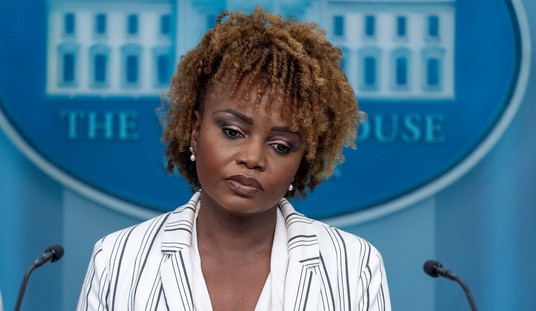



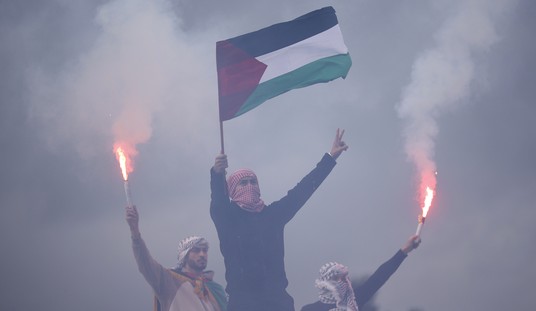
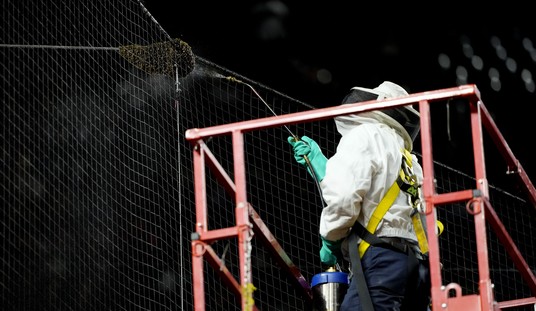


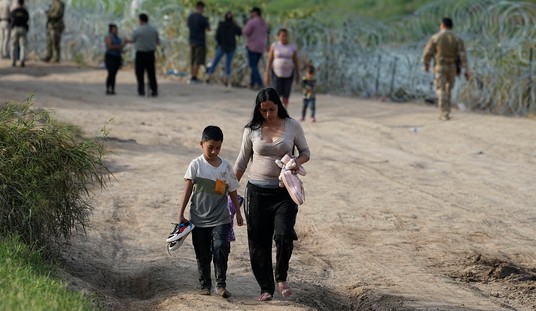
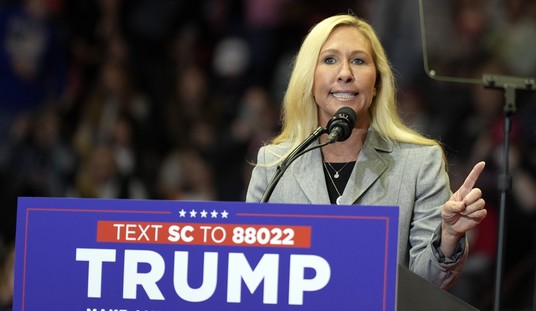



Join the conversation as a VIP Member